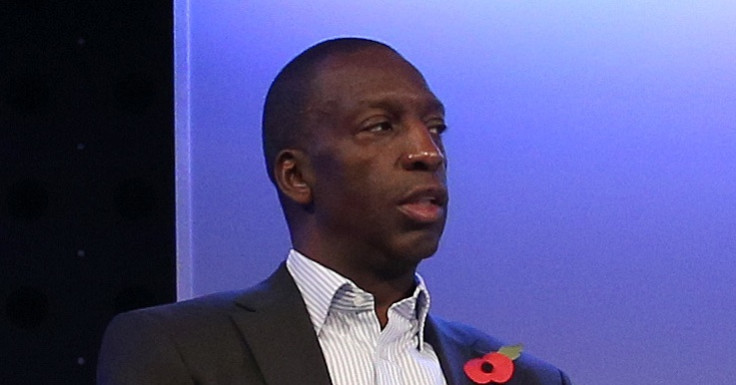Michael Johnson Urges World Anti-Doping Agency to Introduce Life Bans for Drug Cheats

Four-time Olympic sprint champion Michael Johnson believes the World Anti-Doping Agency must reconsider introducing life bans for convicted drugs cheats after stating increased bans are the "primary deterrent" for athletes.
Fellow-American Justin Gatlin has run the three fastest 100m times in 2014 after returning from two separate doping bans, while Jamaican Asafa Powell has also resumed competition despite testing positive last year.
Wada president Sir Craig Reedie said in July that life bans "would not be sustainable in law" but confirmed the organisation would campaign to double the entry-level punishment from two to four years from January 2015.
Johnson, 47, who was speaking at the Nolan Partners Sport Industry Breakfast Club in support of Michael Johnson Performance – a development programme which aims to fulfill the potential of elite athletes - has urged the anti-doping body to rethink their stance.
"I think that [life bans] is the primary deterrent for those people who decide to cheat," the nine-time world champion said. "Not everyone is going to decide to cheat.
"The same people who play sports are the same people who belong in society, most people in sport are not going to cheat.
"There are those people who are going to cheat regardless and longer bans are a deterrent for those people."
A study from the University of Oslo stated in October that athletes who had previously doped could retain the benefits of drugs years after taking them due to "muscle memory".
Though the research is isolated the information could threatens to undermine future bans on athletes but Johnson says further studies must be done before Wada and the International Olympic Committee change their policy.
"I think we have to wait and see what the studies show," he added. "I think it is early days on that. That is the sort of research that needs to be done.
"If we want a level playing field then you've got find out as much as possible about the effects of doping on athletes and whether the effects may help an athlete you gain an advantage.
"If he is still receiving the benefit it is no longer a level playing field. That is going to be difficult to work out because then you have to take long-term studies of athletes who have doped for many, many years."
© Copyright IBTimes 2025. All rights reserved.






















